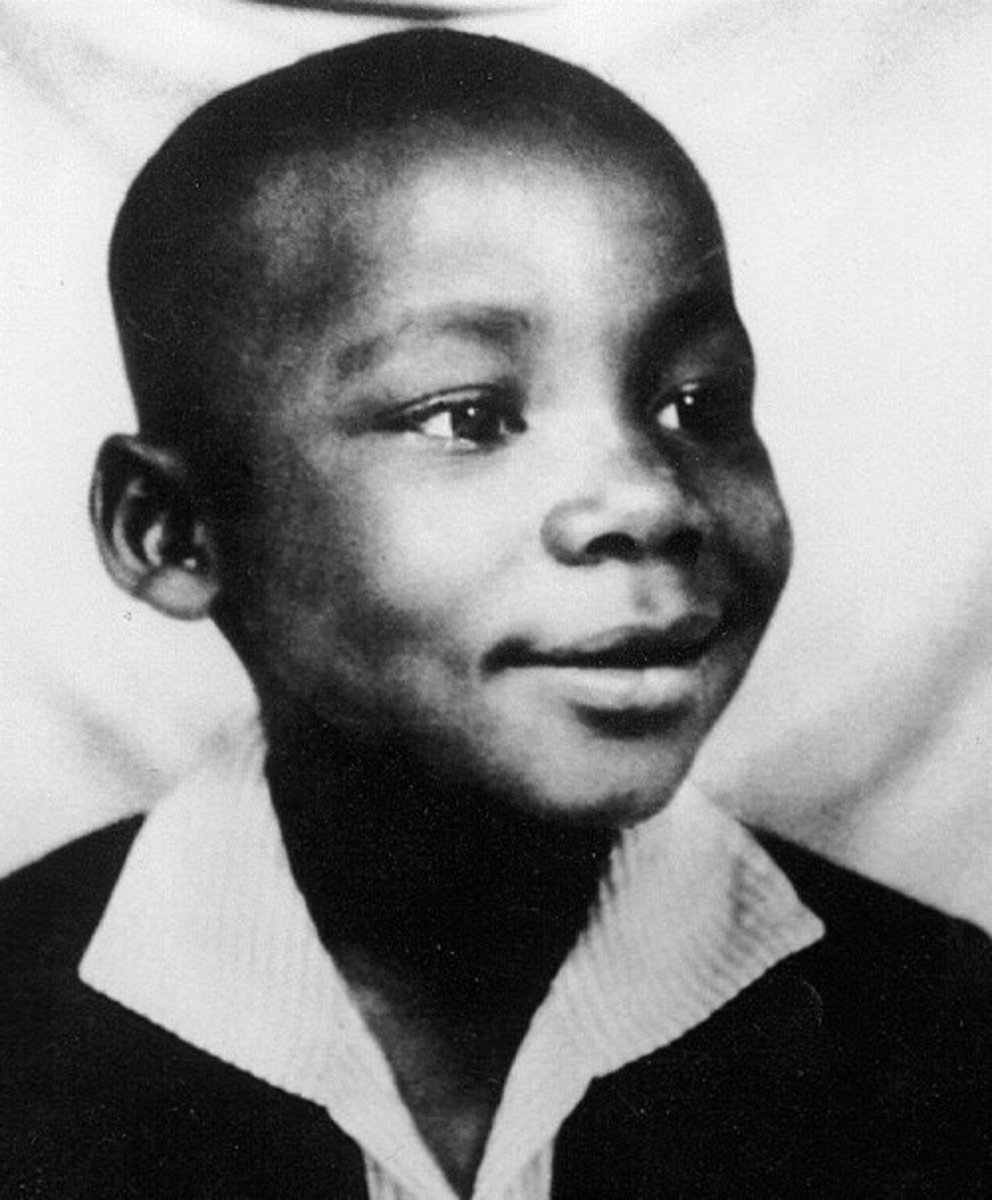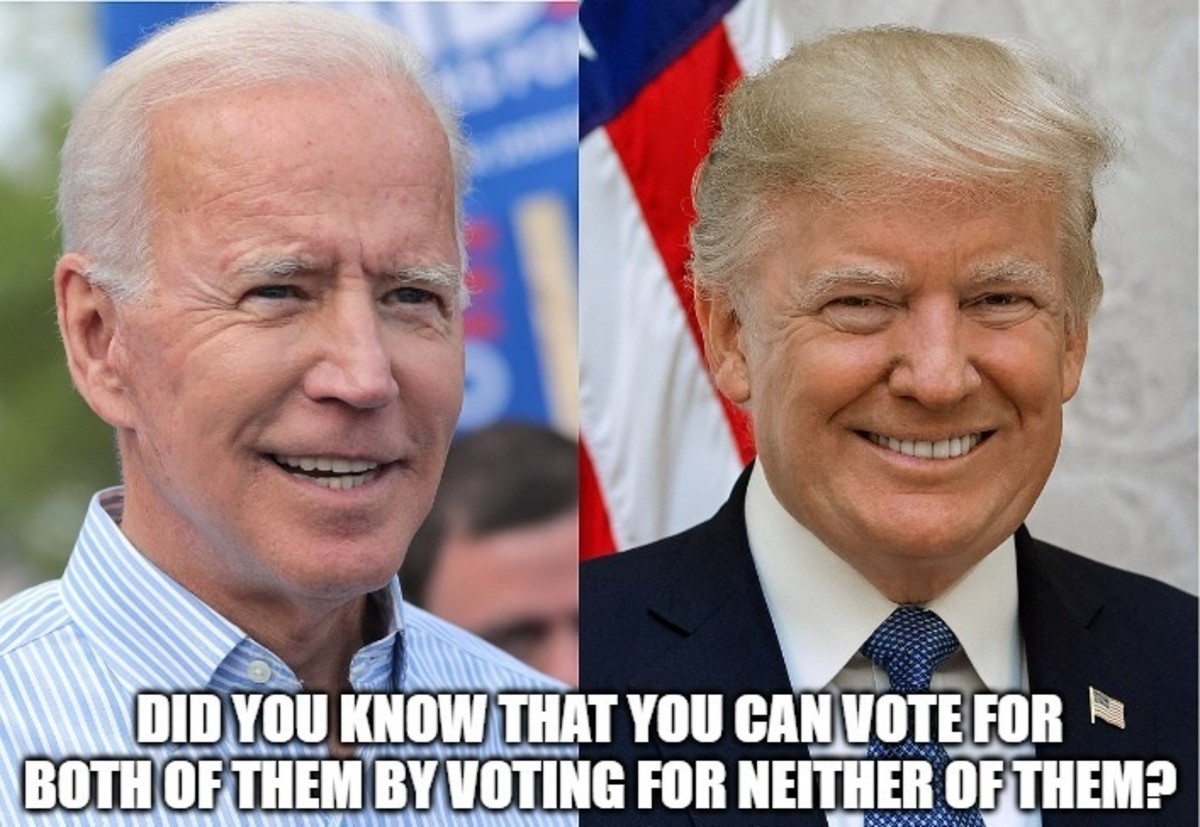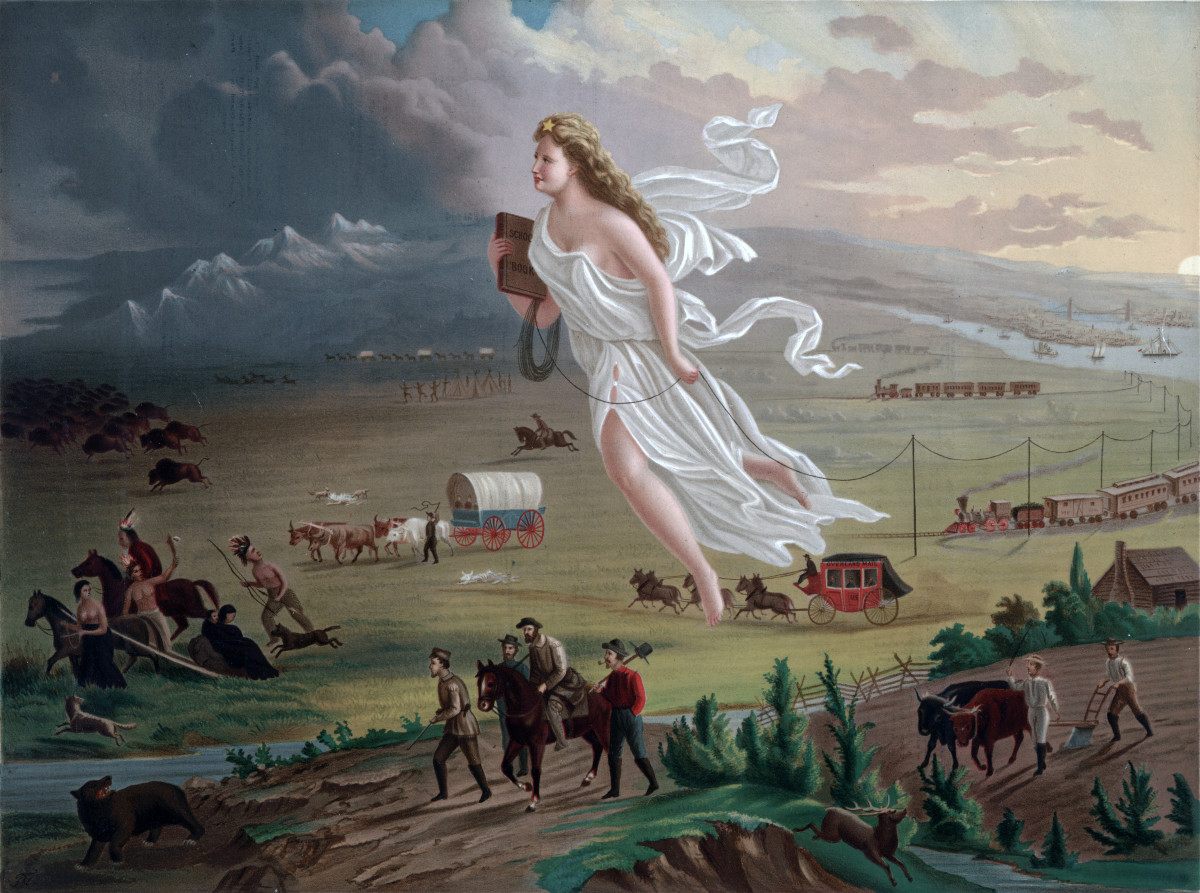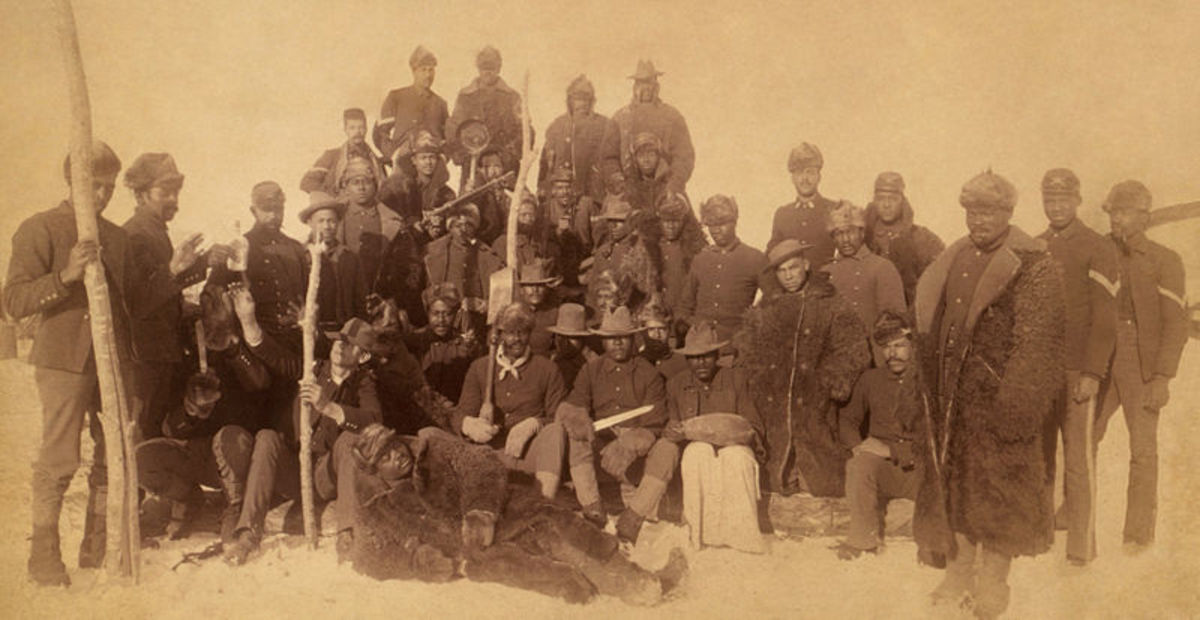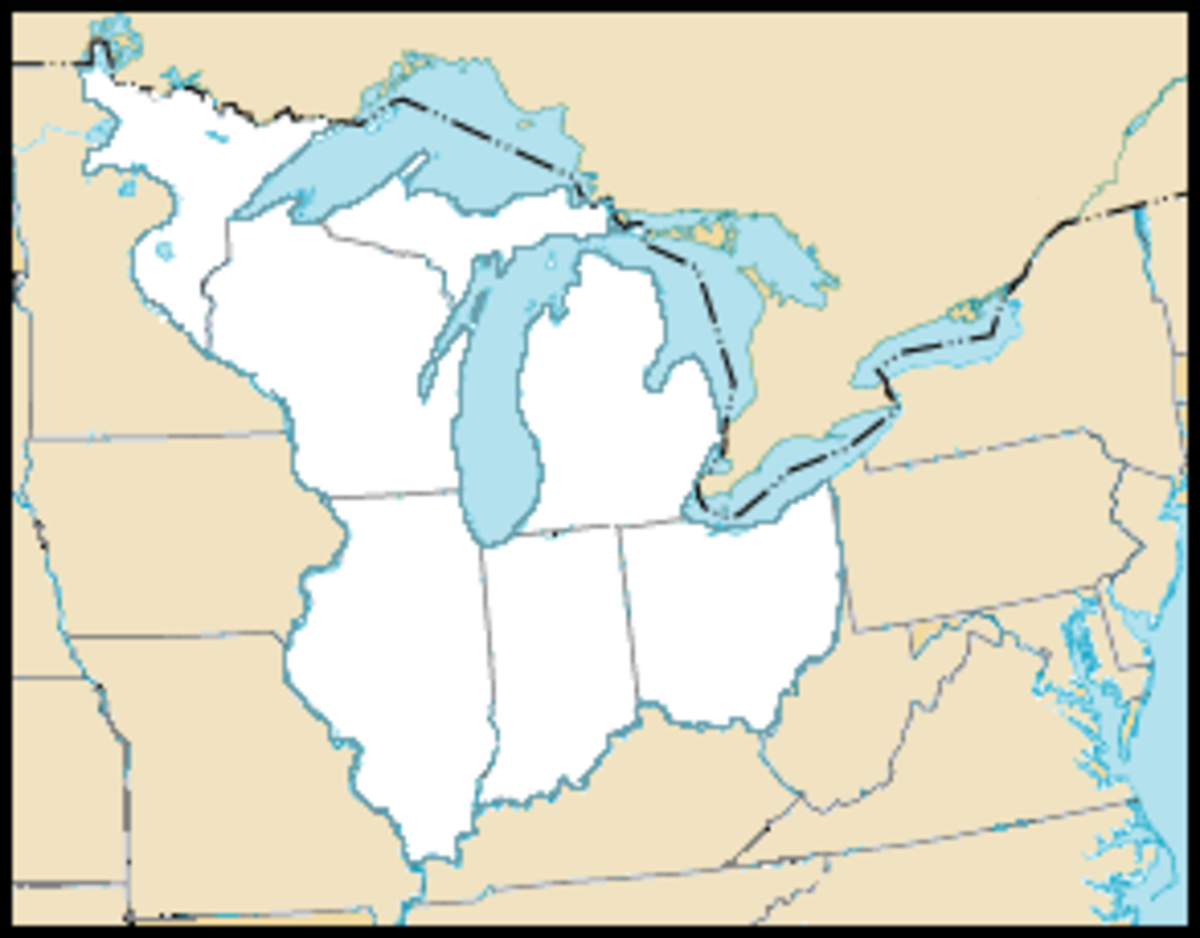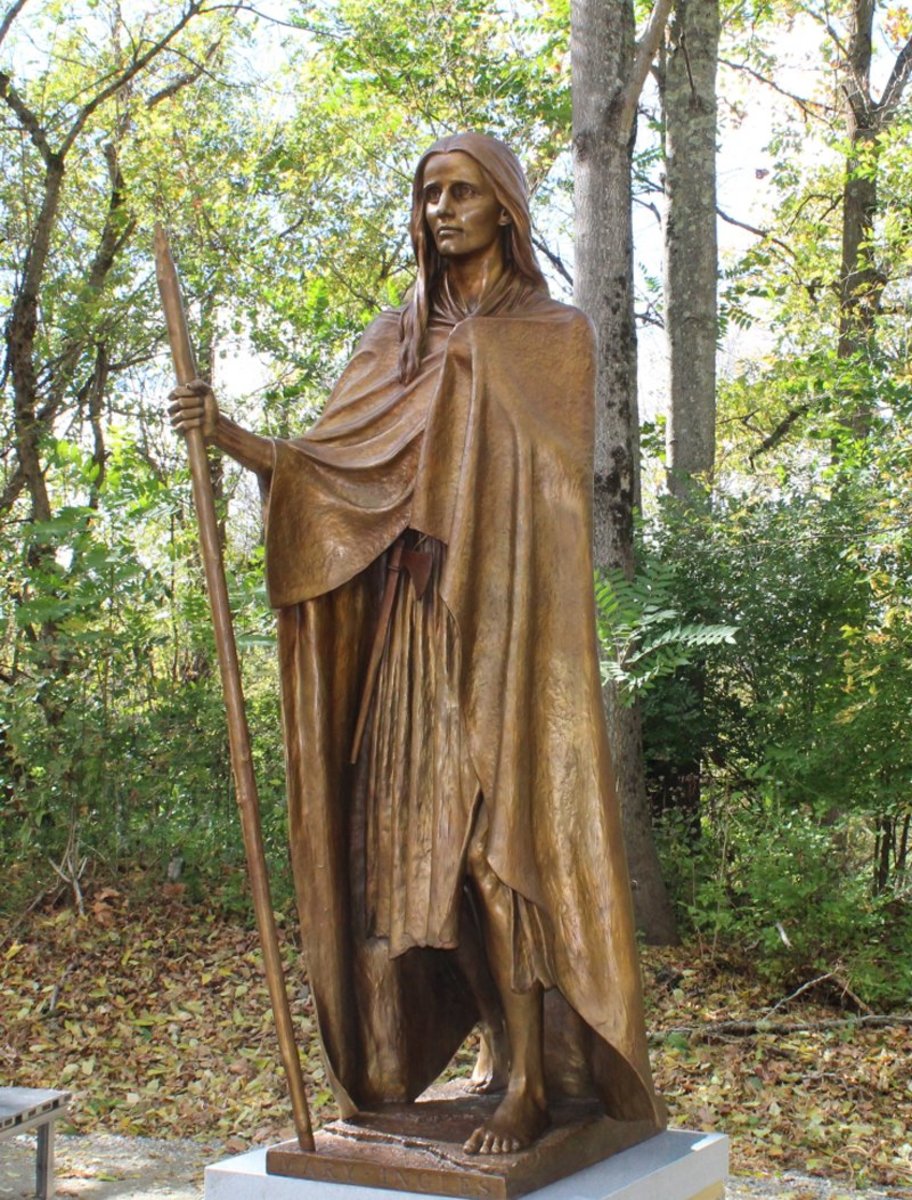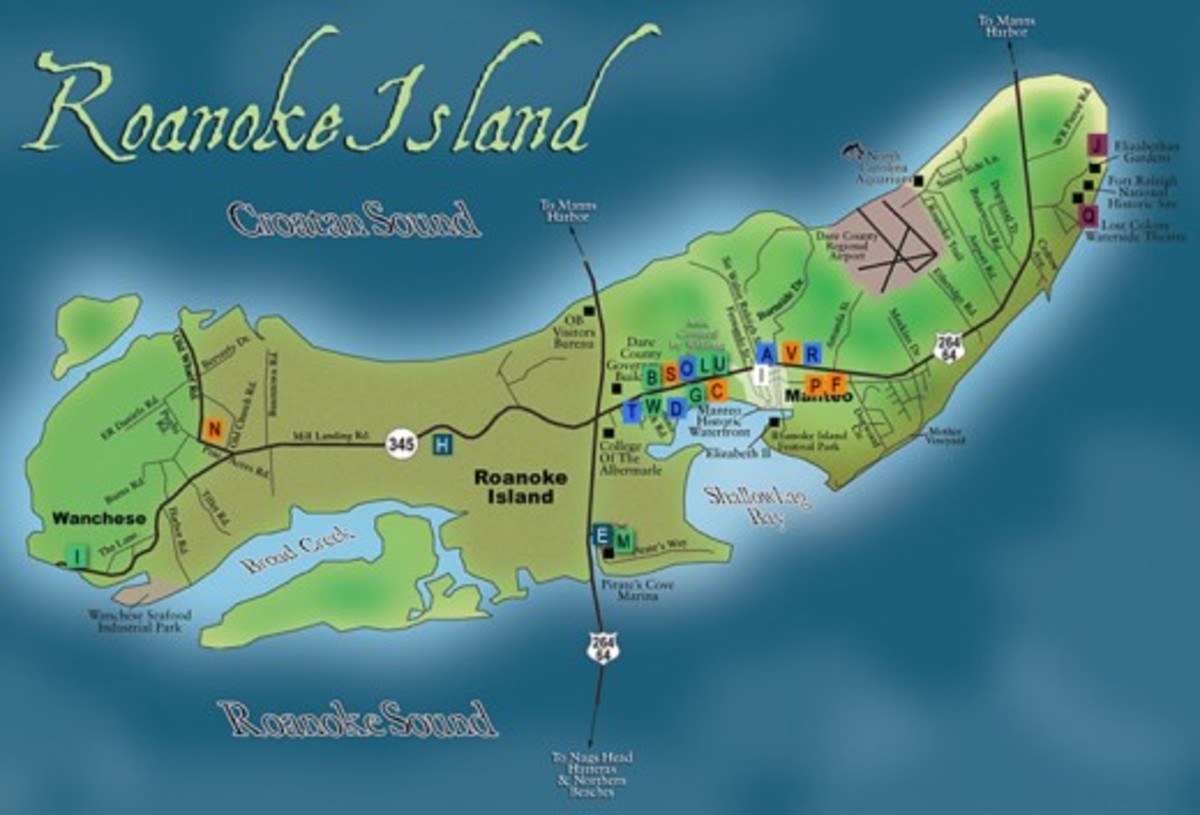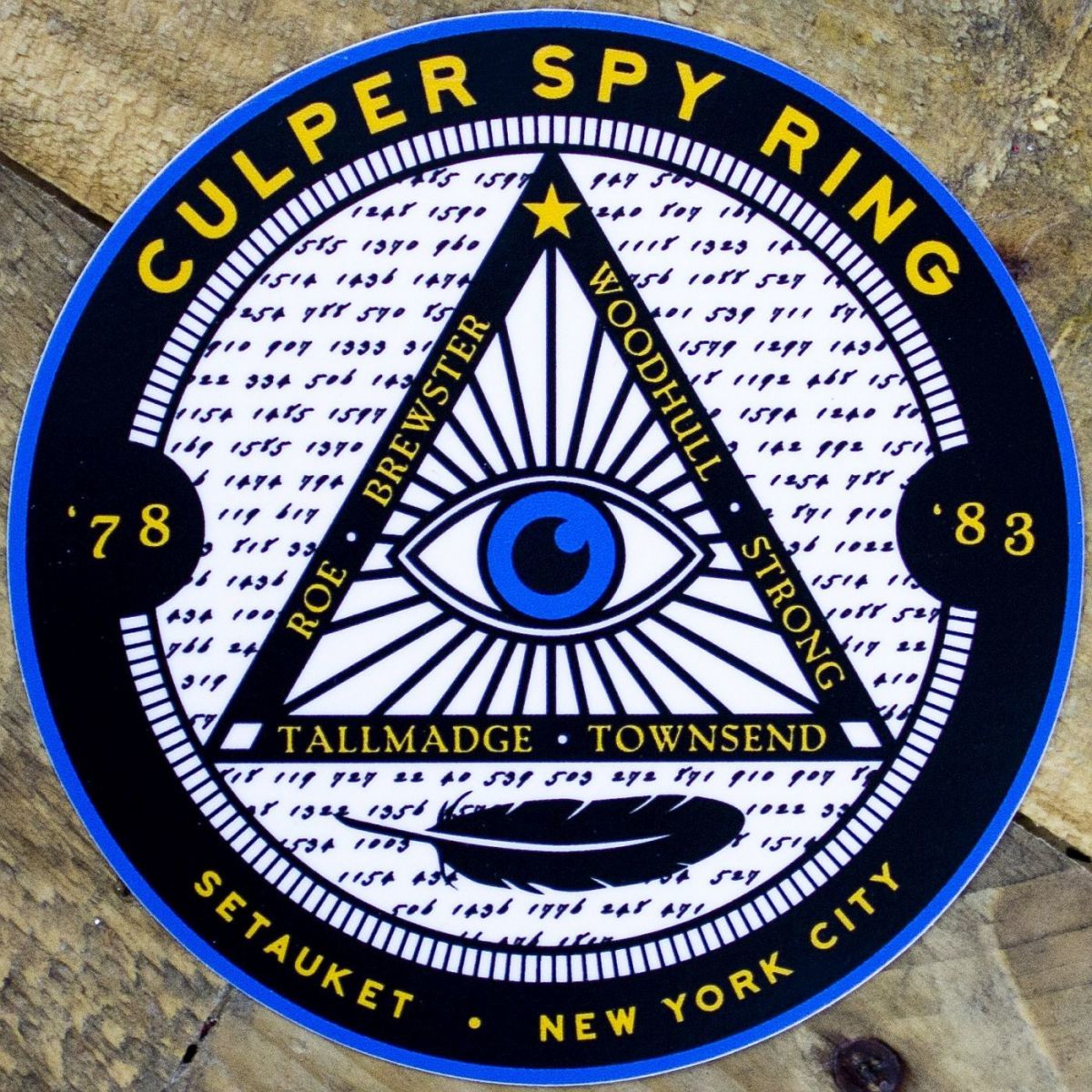- HubPages»
- Education and Science»
- History & Archaeology»
- History of the Americas
Black Voting Rights - Its Partisan History
The civil rights laws passed after the Civil War were later repealed. In 1892, the Democrats regained the majority in both Houses of the U.S. Congress and the presidency, after their loss to the Lincoln presidency. Under President Grover Cleveland, they then repealed all the civil rights laws; the clan laws, the anti-segregations laws, etc. They repealed everything legislated post Civil War by the previous Republican majority government. It would be another 89 years before such laws would be reenacted again!
With all these federal laws now off the books, the southern states then start enacting pole taxes, property taxes, grandfather clauses, etc. They find eleven different legal ways to keep blacks from voting in the south.
Alabama legislature 1872
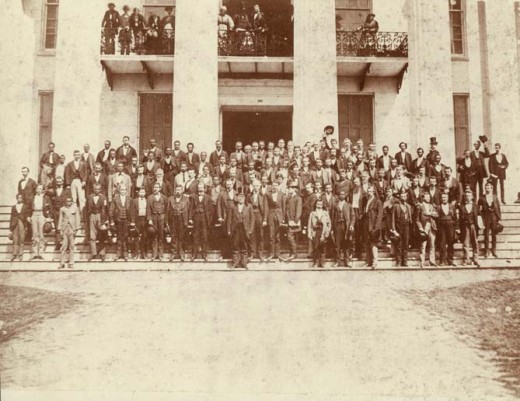
Blacks in Alabama legislature of 1872
This is a photograph of the 1872 Alabama legislature when the Republicans were in power in that state. We see both white and black representatives, but changes started taking place. One thing printed underneath the published photo was, “If you believe in White Supremacy, vote the straight Democratic ticket on November 6th.”
It was not until 1944 that the U.S. Supreme Court struck down the Democrat policy that had said blacks could not be elected to office as a Democrat.
Laws against blacks
Laws against the black vote
An example of the changes made in Alabama were required literacy tests that at first glance makes sense. People need to read to be able to vote. These literacy tests, though, were over twenty pages long and included things like, “What rights do you have if you are indicted by a grand jury that are different if indicted by a regular jury?”
Not many literate people would know the answer to that, but tests like these were given to the African Americans in the south! Of course, none could pass it so none of them could vote.
There were also what was called "Hide and Seek" polling places; Democrats voted over on one side of town and Republicans on the other. What would happen is throughout the day the location of the Republican ballots would be moved from one place to another, making it difficult for Republicans to find their voting location.
Resource
- Politics - African American Almanac | HighBeam Research
Article from African American Almanac January 1, 2008
Do you know?
Which party was most in favor of the Civil Rights of 1964 and 1965?
Civil rights legislated ... again
The Democratic Party monopolized the south well into the 1960s. The first African American southern Democrats elected to the U.S. Congress were in 1972; Barbara Jordon (TX) and Andrew Young (GA). How did Democrats from the south finally get elected?
The Supreme Court had just ruled that the two state Democratic legislatures of TX and GA must redraw the lines so that blacks could be elected. Without the Supreme Court ruling, the gerrymandered district lines would still have kept them from being elected.
As a result of the Birmingham, AL riots, President John F. Kennedy wanted to do the civil rights act and the voting rights act. President Eisenhower's attempt had been stopped by the chairman of the Senate judiciary committee, a Democrat. So JFK goes to the Republicans and asks them to do it, and then JFK is assassinated. The next president, Lyndon Johnson, picks it up and it goes to Congress for a vote. It just required a simple majority vote to pass and two thirds of both Houses were Democrat. According to the records of Congress, however, the Democrats did not even come close to having a majority of their party in favor.
How did it pass? Voting for it were 83% of the Republicans; only 62% of the Democrats voted for the two acts. Without the Republicans, the 1964 and 1965 civil rights acts would not have passed.
Resource
- Reconstruction Era of the United States - Wikipedia, the free encyclopedia
White Southerners in white-dominated state legislatures enacted Jim Crow law and (after 1890) disfranchised most blacks and many poor whites through constitutional amendments and electoral laws.
Neither political party is blameless
Still, it is a very partisan history and one that we do not hear much about, though it is all very well documented. Neither political party is completely blameless in all its actions in how they have historically treated African Americans, nor have the party leaders always been good or bad.
Representative Robert Brown Elliot, as a strong black Republican leader in 1874 said, he was a slave to principles and not a political party. He embraced the democratic ideals for a republic, but in its true significance found in the forms of the Declaration of Independence and the injunctions of Christianity.


